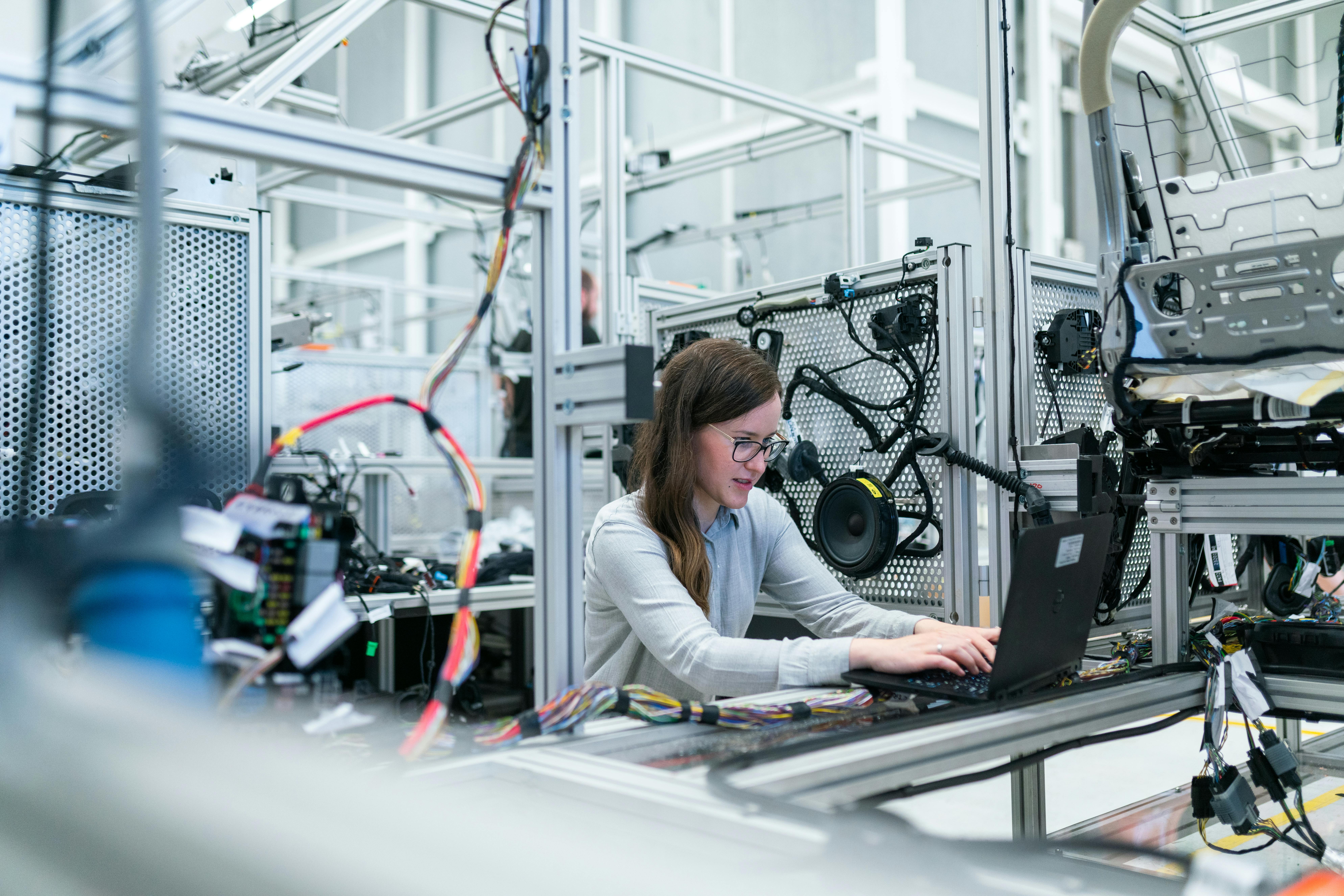
Artificial Intelligence (AI) is a not buzz word but reality, It has the potential to transform every industry in waves. But its ripple effect goes well beyond, from healthcare to finance and every sector in between — AI is leaving no stone unturned. In order for businesses to remain competitive in an ever-growing digital world, they need to understand how AI is disrupting sectors. In the blog, they will focus on how AI is reshaping industry and then predict what might happen next.
Healthcare (16%); AI in this domain enables improvements to the diagnosis of ailments and treatment planning for patients. Using AI-powered tools enables the processing of a large collection of medical data, which in turn allows doctors to diagnose more accurately and create treatment plans unique for each patient. For example, AI algorithms might notice patterns or trends in medical images someone looking at it with human eye power may have previously missed that can contribute to earlier detection of diseases such as cancer. Further more, with AI comes predictive analytics which enables healthcare providers to predict when a patient is going to need care and ideally increase the possible positive outcome.
AI in Finance The finance industry is undergoing a colossal transformation due to AI. AI is catering to the needs of financial sectors and assisting them in fraud detecting, trading automation & personalizing a financial advice. AI algorithms are capable of monitoring the market environment, and trading with lightning speed compared to human traders, thereby reducing risk while multiplying gain. Secondly, AI-based chatbots and virtual customer assistants are helping advance mobility by responding to queries instantly which include account management.
AI retail: Retail is yet another industry where AI has a significant role to play. AI is helping retailers enhance the way they operate from personalized product recommendations to inventory management. According to the BBC, even e-commerce giants such as Amazon use AI in providing a service that analyses customer behavior and suggest products based on individual tastes. Operations as waste-reduction and sales-as-operations systems improve retail experiences on both sides of the digital divide — AI-powered tracking keeps store inventory at a real-time low, performing cutting-edge ordering functions for high-turn items in your local stores.
AI in Manufacturing — AI is transforming the way manufacturing companies handle their production processes, from predictive maintenance to quality control or supply chain optimisation. These are a few of the real-time applications that AI-powered systems can be trained to predict in advance, thus preventing desired and possibly costly breakdowns. AI algorithms can also combine and analyze production data in order to detect inefficiencies derived from the comparison of real work vs. optimal usage which results into increased productivity at a lower cost.
Summary: AI will become more powerful as it advances over-time and ultimately make a lasting impact on various industries. The sky is the limit with what can be done and its possible benefits. But all power comes with a responsibility. In this landscape, businesses need to tread carefully and weigh ethical considerations in their push for innovation. For those who step up and welcome the AI-driven future, they will find themselves in a prime position of leadership for technological eras to come.